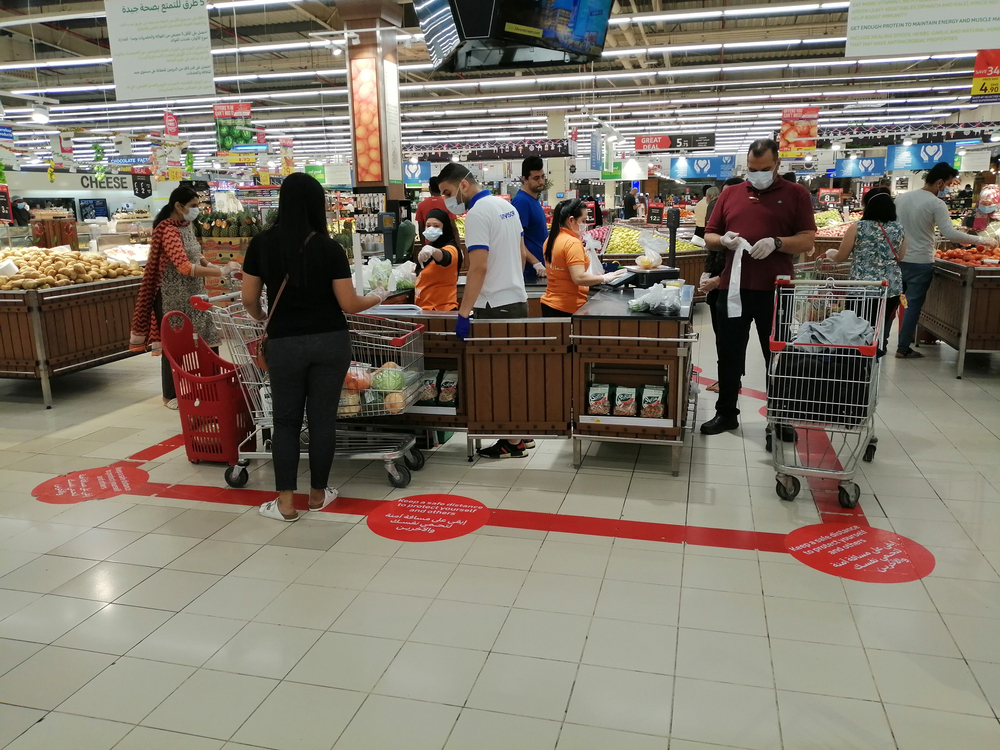
According to the latest predictions by health experts, the coronavirus pandemic may last a long time. As a society, we need to learn to coexist with the virus for one or two years, taking safety measures to protect people's health.
So, could the kind of social distancing we have practiced so far be sufficient to control the pandemic in the long term? What do we need to reach herd immunity? And what would happen if people ignored lockdown policies in future waves of the virus?
In this episode of Almostajad, the World Health Organization's (WHO) consultant and epidemiologist, Dr. Amjad Al-Khouli, tells us about the pandemic in the Arab region, explaining three possible scenarios in the coming two years.
This episode was hosted and written by Abir Kopty and edited by Tayseer Kabbani. Research for this episode was conducted by Rawan Nakhleh. The executive producer of Almostajad is Ramsey Tesdell.
To listen to the full episode in Arabic, click here.








